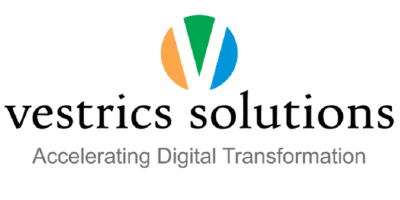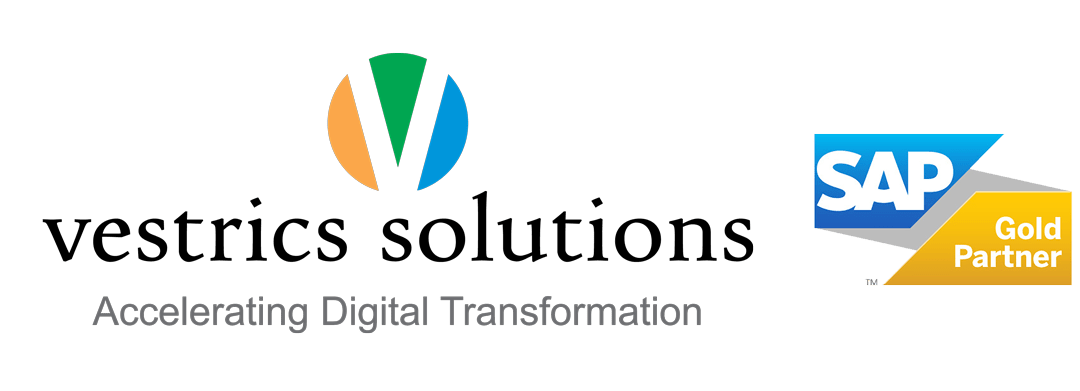Chemicals
become more flexible, and promote sustainable development.
The chemicals industry has a promising out look
Chemical companies are taking advantage of the increasing demand by updating their planning, development, and production processes and discovering new methods of distinguishing themselves.
Issues related to the chemical supply chain
Market and price fluctuations
Shift the emphasis to put the customer first
Green Chemistry and environmental sustainability
The chemicals industry's transition to digital technology
SAP's break through solutions for the chemicals industry
cost-efficient transformation and long-term development.
SAP S/4HANA Cloud
SAP Supply Chain Business Planning in an Integrated Environment
SAP Cloud to Promote Sustainable Businesses
➜ Poor Visibility into Business Performance: Companies without ERP systems lack accurate views of financial performance, customer service levels, supply chain costs, and production process efficiency. This makes it difficult to determine the profit margin and identify areas where performance could improve.
➜ Inability to Adapt to Change: Traditional manual processes need to be faster to adapt when a customer's needs or vendor requirements change. With an ERP system, companies can manually update their operations, leading to delays in responding to customer needs and difficulty managing vendor contracts.
➜ Data Inaccuracies and Errors: Companies without ERP systems are more prone to errors due to manual processes and a lack of integrated data. This can lead to inaccuracies in data reporting and decision-making, which can have costly consequences.
➜ Increased Risk of Compliance Issues: Without ERP systems, companies lack the automated controls and audit features needed to ensure compliance with relevant regulations. Companies are at risk of facing fines or other penalties due to non-compliance.
➜ Limited Ability to Make Strategic Decisions: Without precise data and insights, it is not easy to make strategic decisions. This limits the ability of companies to manage resources strategically, find cost savings opportunities, identify growth opportunities, and remain competitive.
➜ Increased Efficiency: SAP software reduces the time required for manual data integration and harmonization processes, thereby increasing efficiency in the chemical industry.
➜ Enhanced Productivity: SAP software effectively manages chemical production processes, resulting in higher productivity across the organization.
➜ Improved Quality Control: SAP software offers enhanced analytics and visibility, helping companies ensure their products meet the highest standards.
➜ Improved Regulatory Compliance: SAP provides specific regulatory guidance to ensure compliance with global regulations regarding the transportation and storage of hazardous chemicals.
➜ Streamlined Procurement Processes: SAP provides an integrated platform to manage procurement processes, helping organizations reduce paperwork and cost.
➜ Better Financial Management: SAP software simplifies and automates financial processes, providing transparent, real-time visibility into the company's financial position.
➜ Enhanced Safety: SAP software implements best practices to ensure the safe production and storage of chemicals, reducing the risk of workplace incidents.
The SAP Analytics Cloud can help the chemical industry with data analytics and reporting by providing AI-powered predictive insights that help businesses make accurate and data-driven decisions. It can also automate data cleansing and modeling, providing cleaner and more reliable insights. Additionally, SAP Analytics Cloud can enable businesses to gain more insights and understand customer behaviors by accessing customer data from various sources, such as web analytics, customer data, and more, and then blending it into a single repository for better customer segmentation. SAP Analytics Cloud also provides robust reporting and visualizations to help discover trends and identify customer segments. This allows businesses to enhance their customer experience and ultimately drive more sales. Moreover, SAP supports the deployment of predictive and prescriptive analytics with its SAP Analytics Hub, which can aid the Chemical Industry in finding connections between factors and better understanding its data.
➜ SAP can help reduce the operational costs of chemical producers by enabling them to track and monitor production and inventory.
➜ SAP can also help Chemical companies improve efficiency, quality, safety, and compliance by providing visibility into every production phase.
➜ SAP's robust analytics and data management tools enable companies to analyze profitability and make informed decisions on cost optimization, inventory control, and quality improvement.
➜ SAP's advanced mobility solutions allow chemical companies to stay connected and informed, even on the go.
➜ By leveraging SAP's cloud-based solutions, chemical companies can quickly scale their services to keep up with demand while ensuring compliance with industry regulations.
➜ SAP can also help chemical companies streamline supply chain operations for the best cost and customer satisfaction.
SAP has developed a Digital Core specifically designed to help companies in the chemical industry in their digital transformation journey. This suite of solutions provides best-in-class business process management, analytics, and artificial intelligence capabilities to streamline operations, increase agility, and optimize customers' experiences. With the Digital Core, companies can leverage data more effectively and use it to develop and implement new business models. In addition, SAP's cloud-based environments and intelligent technologies can help companies in the chemical industry improve forecasting and usage accuracy, increase operational efficiency and agility, optimize supply chain management, and shorten time-to-market. Finally, SAP's vast partner ecosystem provides companies access to advanced technologies, niche solutions, and custom-built applications that further improve the business outcomes associated with their digital transformation journey.



